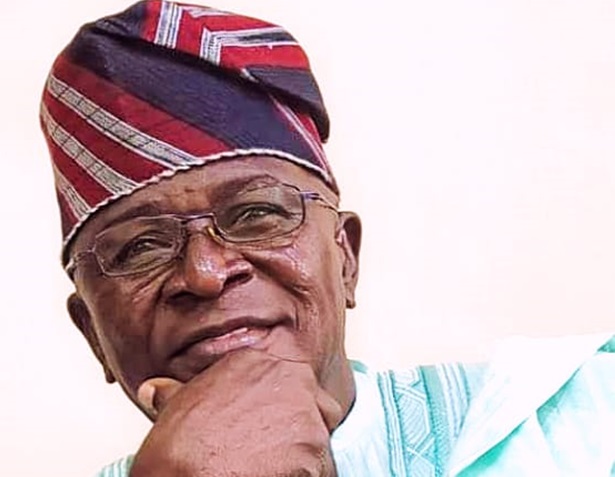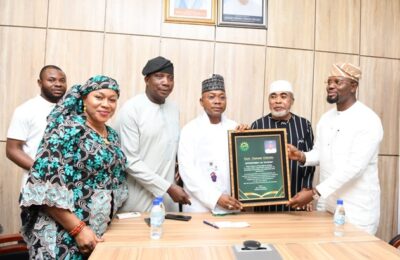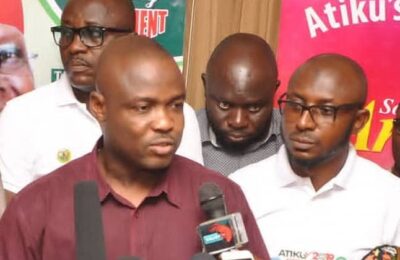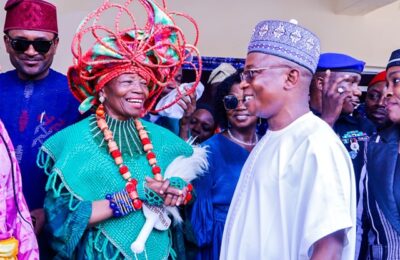By Musa Bakare
Since assuming office in May 2023, President Bola Ahmed Tinubu has exhibited a clear intent to reform Nigeria’s political economy, restore investor confidence, and position the nation for long term development. His approach has been characterized not by short term appeasement, but by bold and necessary actions aimed at delivering sustainable results.
As we approach the 2027 presidential election, Nigeria finds itself once again at a critical crossroads. The pressing question is not merely who to vote for, but rather whether the progress made under the current administration should be sustained or squandered.
One of President Tinubu’s most significant moves has been the removal of the long standing fuel subsidy, a policy that had drained the nation’s finances while benefiting only a select few. This decision is now freeing up resources that can be redirected towards vital sectors such as infrastructure, health, and education. Coupled with the unification of the naira exchange rate, these reforms reflect a serious commitment to rebuilding a credible and investment friendly economy.
Reforms of this magnitude are not unprecedented in global history. Nations like India and Indonesia have undergone similar structural adjustments, emerging stronger and more resilient. Nigeria is now charting that path. However, such transformative reforms necessitate continuity; halting them midway could reverse gains and plunge the economy back into instability.
A key strength of President Tinubu’s administration has been its emphasis on competence. The deliberate appointment of highly skilled and committed individuals in critical positions marks a shift from patronage politics towards meritocracy. This infusion of fresh energy, innovation, and strategic thinking into governance has been vital for progress.
Any change in leadership in 2027 threatens to replace this merit driven approach with political favoritism, undermining the professionalism now taking root in key institutions.
In terms of security, Tinubu’s administration has restructured military leadership, increased defense spending, and adopted a more assertive strategy towards terrorism and banditry. The response has become more coordinated. A new President will disrupt this momentum, jeopardizing ongoing counterterrorism efforts.
Infrastructure development has been another cornerstone of the current administration. Signature projects, including the Lagos-Calabar Coastal Highway, the Sokoto – Badagry Highway, the Port Harcourt-Maiduguri rail line, and numerous upgrades in the power sector, are designed to unlock economic growth and enhance national connectivity. However, these are long term investments that must not fall victim to Nigeria’s historical cycle of abandonment and restart.
The choice in 2027 transcends the question of who occupies Aso Rock; it encompasses the essential decision of whether Nigeria will consolidate its current trajectory or revert to political experimentation. The leadership of President Tinubu has laid a robust foundation that must see its course through to completion.
Nation building is a long distance race, not a 100 meter sprint. For Nigeria to thrive, it requires steady hands, tested resolve, and the clear vision embodied by Asiwaju Bola Ahmed Tinubu. These attributes are not qualities to gamble away for political opportunism.
The stakes are indeed high. Nigerians must choose wisely continuing with Tinubu until 2031 is the decisive factor in the country’s future success.
– Musa Asiru Bakare is a foundational member of the All Progressives Congress (APC), member of the Tinubu Support Group (TSG), and a political analyst. He writes from Lokoja, the Kogi State capital.




